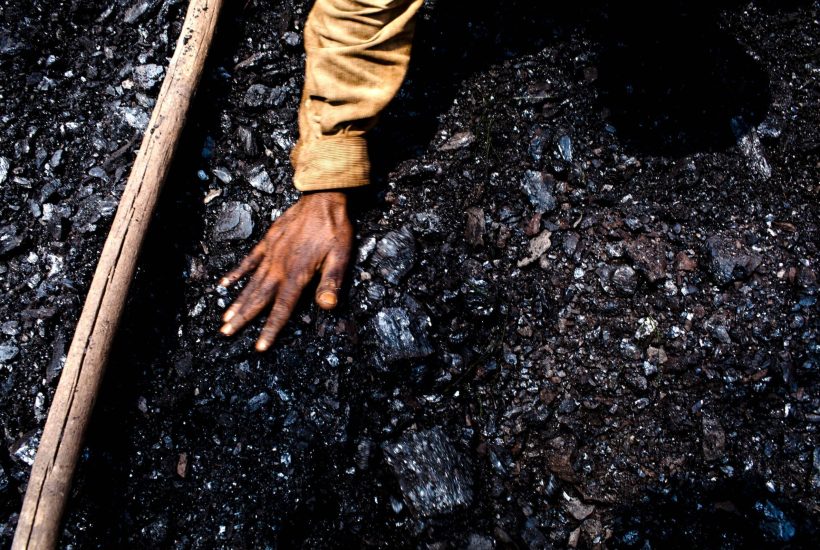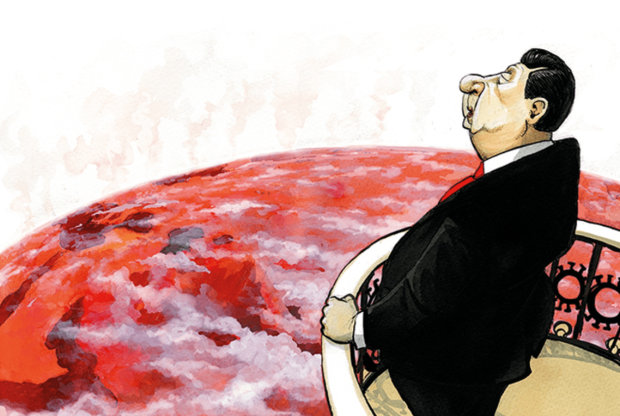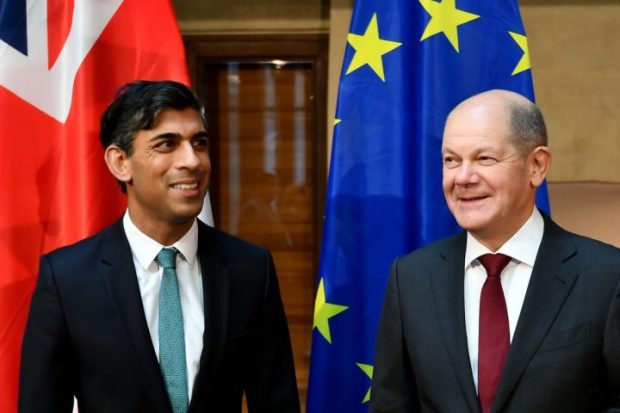Mumbai
India is the last major global polluter to set a date to go carbon neutral. In a surprise announcement on Monday, Prime Minister Narendra Modi told COP26 that his country will hit this target by 2070. That doesn’t mean India is going to start cutting emissions any time soon.
India’s ruling Hindu nationalist party, the BJP, believes it has the right to use coal to stimulate economic growth. The country argues that its per capita consumption of non-renewables is still a fraction of West’s. Faced with the task of quadrupling its power output by 2050, the country’s coal production is expected to increase by 28 per cent over the next ten years. India, which possesses the fifth-largest coal reserves in the world, is now expected to overtake the US and China as the world’s largest polluter in the second half of this century.
India’s state-run coal extraction firm is the largest mining company in the world. It’s set to increase its annual coal production from 600 million tonnes a year to one billion tonnes by 2024, while 41 new coalfields are being auctioned off to the private sector. India has made clear that when it comes to cutting emissions, the developed world bears the responsibility.
China has provided its southern neighbour with a degree of cover. America is preoccupied with Beijing’s aggression in the Indo-Pacific — India is seen as a central bulwark. Biden is in no mood to start pressuring Modi on climate when he needs this friendship.
For Washington, a coal-powered India is more useful than a country where development is hamstrung by a sudden switch to renewables. Modi is politically savvy — he knows he has greater leverage over America than at any time in his country’s modern history.
But an anxious Delhi has also felt the full force of Chinese aggression first-hand. Last June, Chinese troops broke a decades-long ceasefire along the border, annexing 100 square kilometres of Indian territory and killing 20 soldiers. The incident reinforced the extent of India’s isolation in South Asia: the shaky ceasefire with Pakistan looks likely to break sooner rather than later. Meanwhile, China’s Belt and Road Initiative is creating an ever-encircling ring of Beijing-friendly states.
At the summit this week, Modi once again requested $1 trillion for developing nations to soften the financial impact of switching to renewables. Understandably, his demand was met with some scorn. Western politicians have pointed to India’s space programme, which has a $4 billion budget, and an eye-watering $1.7 billion plan to redevelop the Indian parliament, as evidence that India can afford to make more of a self-sufficient transition to renewables.
Britain could end up bankrolling much of this initial aid, having committed to $1 billion worth of green funding across India, including the financing of electric vehicle manufacturing.
India’s refusal to adhere to western emission goals is also heavily influenced by Covid, which decimated its economy, plunging 230 million Indians into poverty and leading to record levels of unemployment. Coal was one of the few industries that survived India’s draconian lockdowns unscathed, continuing to employ four million people across the country.
Even when the Indian government tries to move cities away from coal it has struggled to succeed. Dhanbad in the central state of Jharkhand is a case in point. Since 2004, the government has been trying to move a large proportion of the city’s 250,000 residents to a new, less-polluted settlement. But only a fraction of the population has left. Why? Because most are unskilled workers and fear upheaval could leave them unemployed.
Standard of living continues to top voters’ concerns — despite air in Delhi becoming so putrid that it shaves a decade off life expectancy. A nationwide poll before India’s 2019 general election found that access to drinking water, electricity connection and jobs were just several issues considered more important than the environment.
But security too is a growing concern for voters. In September, America inaugurated the Quad security alliance with India, Australia and Japan. Washington is also considering further upgrades to Delhi’s dated army — China’s army is four times larger than India’s.
‘I think the relationship between India and the United States, the largest democracies in the world, is destined to be stronger, closer and tighter. And I believe it can benefit the whole world,’ Biden enthused in September after meeting Modi at the White House.
The threat of China, it seems, is considered greater than a few more decades of dirty growth.
Got something to add? Join the discussion and comment below.
Get 10 issues for just $10
Subscribe to The Spectator Australia today for the next 10 magazine issues, plus full online access, for just $10.



















Comments
Don't miss out
Join the conversation with other Spectator Australia readers. Subscribe to leave a comment.
SUBSCRIBEAlready a subscriber? Log in